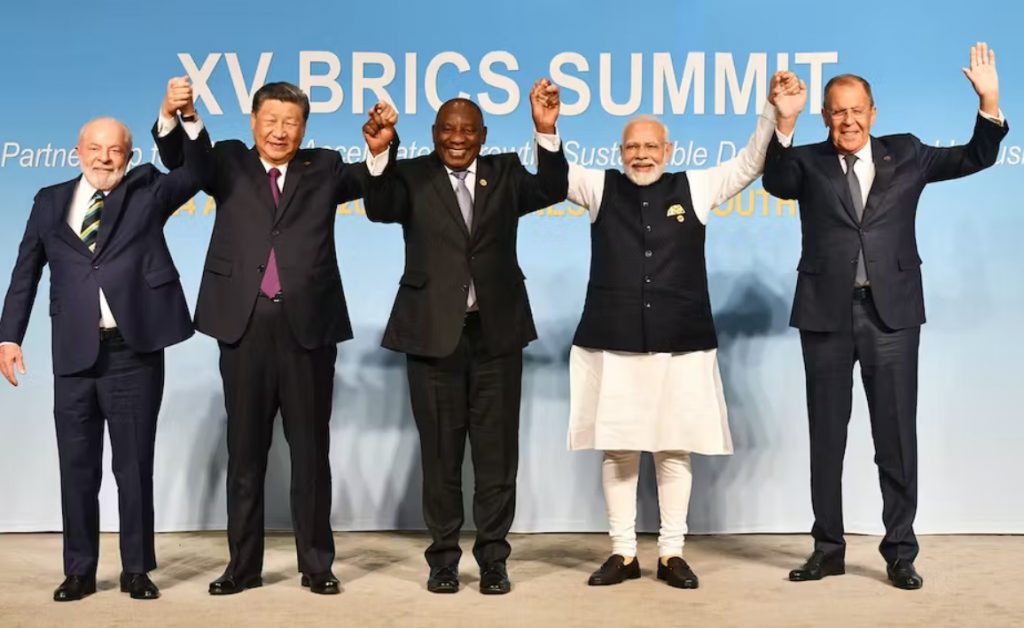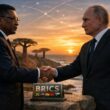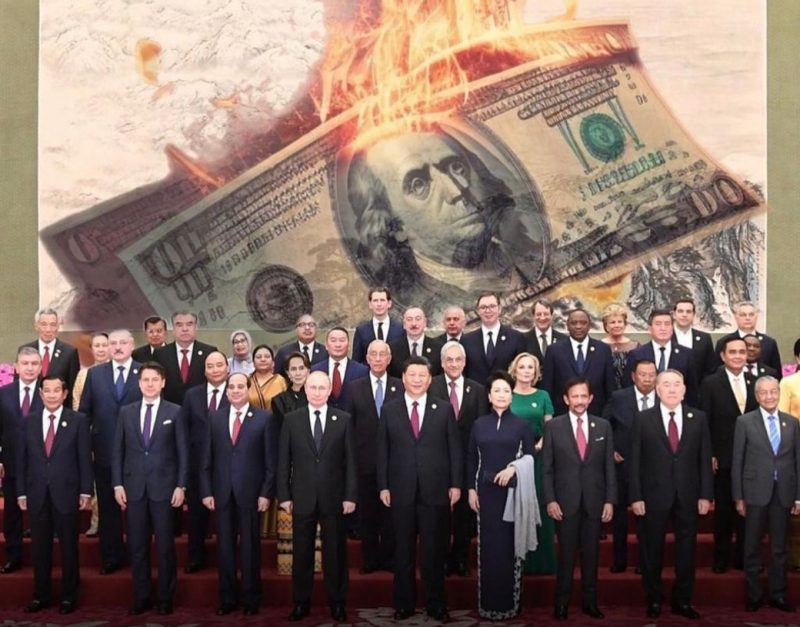The BRICS alliance saw an expansion after inducting five new countries into the bloc including Saudi Arabia, the United Arab Emirates, Egypt, Iran, and Ethiopia. Argentina is the only country that rejected BRICS membership as the newly elected President Javier Milei is skeptical about the bloc. Read here to know why Argentina thinks BRICS is a danger to the traditional global financial sector. On the heels of the expansion, Russia’s President Vladimir Putin made a huge announcement on BRICS expansion on Wednesday.
Also Read: 25 New Countries Ready To Join BRICS in 2024
BRICS Expansion: Russia Makes a Huge Announcement About New Members Joining In 2024


Russia’s President Vladimir Putin made a huge announcement about another round of a new BRICS expansion. Putin confirmed that BRICS is open to allowing many more countries to join the bloc. He hinted that another new round of expansion could be initiated in the upcoming 16th BRICS summit in Kazan city. The next BRICS summit will be held in October in Russia’s Kazan region and an expansion is on the cards.
Also Read: 5 U.S. Sectors To Be Affected If BRICS Ditches the Dollar For Trade
When asked about expansion, Putin stressed, “Of course, we will consider the degree to which many other countries, about 30 of them (expansion), are prepared to join the BRICS multi-dimensional agenda in one form or another. To this end, we will start working on the modalities of a new category of BRICS partner country,” he said.
BRICS is now a 10-member group and further expansion will make it receive a big financial boost. Trade between the new BRICS countries could be reshaped and experience a paradigm shift in transactions. The BRICS’ main aim is to end reliance on the US dollar and settle trade in local currencies.
Also Read: 2 Stocks Warren Buffet Is Eyeing in 2024
The development will strengthen their native economies and boost their respective local currencies’ prospects in the international currency markets. While the US dollar is currently the de facto global currency, the bloc aims to replace it with local currencies.





